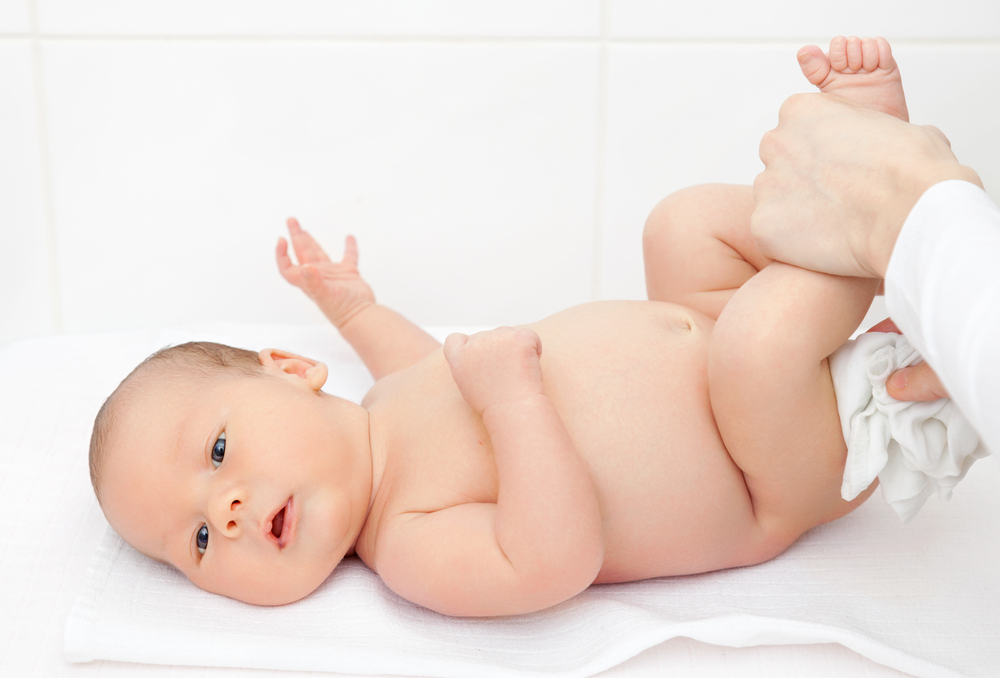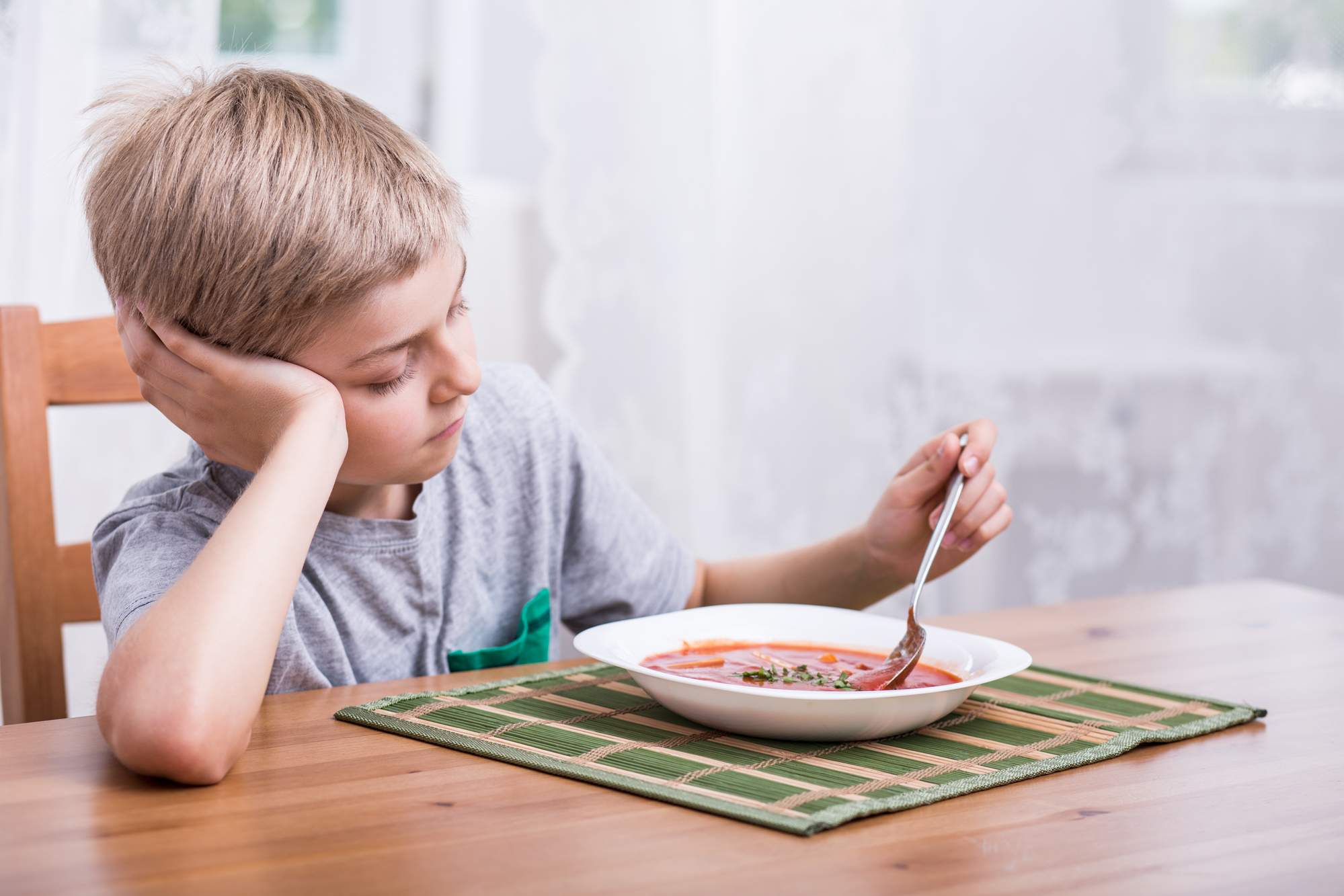This post is proudly brought to you by Little One’s Nappies
A newborn’s poo and what constitutes ‘normal’ can be the source of some truly colourful discussion for parents, as they get accustomed to their baby’s bowel movements. Taking note of the contents of your baby’s nappy can tell you quite a bit about your newborn’s health. But before you get too preoccupied comparing the colour, amount, smell and consistency of your baby’s poo, remember that variation is completely normal as babies’ gradually develop their bowel and digestive system. Being confronted with a ‘nappy surprise’ or two is a rite of passage for new parents, and knowing what to expect when it comes to baby’s number 2’s, can help ease any confusion or anxiety.
In preparing yourself to enter a glorious new world baby poo and become a member of the nappy patrol, you’ve probably armed yourself with a hoard of Little One’s nappies, nappy bags, baby wipes and related accessories. To help prepare you even further, we’ve rounded up a selection of our favourite facts about newborn poo that you probably didn’t know. We think you’ll gain a whole new appreciation for the infant digestive system and the changes that you and your little one will soon encounter!
-
At the start, your baby’s poo will barely smell.
New or soon-to-be parents may already know about meconium; the very first, tar-like and odourless poo that your newborn will excrete after it stays in the uterus. It’s not just their first one that is relatively odourless. In the first few days, newborns’ stools have very little odour, as they have not built up enough bacteria in their gut. Parents should enjoy this short window of time while it lasts, as bacteria will gradually start to colonise during the first week of their baby’s lives, and the poo will then become progressively smellier.
-
A changing poo colour palette is normal (yes, even a bright green one!)
Poo gets its brown hue from the bile that is pumped into our gut just beyond the stomach. Bile actually starts out bright green and matures or ‘ripens’ as it journeys down the digestive tract. If you’ve heard stories about bright, neon green poo emerging from a newborn, it’s not an exaggeration, and it’s likely to happen to your newborn some stage. It’s simply an indication that food is digesting a little quicker than usual, and provided that it’s not accompanied by diarrhoea, you have nothing to worry about – even if you think it could double as a radioactive substance!
-
How you feed affects the characteristics of your newborn’s poo
The characteristics of your newborn’s poo will depend on whether you’re breastfeeding or formula feeding. Breast milk contains a natural laxative, meaning your baby will experience looser, less firm stool and poop more frequently – especially during the early days. Formula is not as easy for babies to digest, and changes the texture of their poo to become more solid. All poo can be tricky to completely clean off your baby’s bottom, so either way, you’ll be reaching for your Little One’s baby wipes to make the job easier. And believe it or not, the poo of a breastfed baby smells better, with formula fed babies tending to produce a stronger odour in their bowel movements.
-
Mums are engineered to distinguish and prefer the smell of their own baby’s poo.
In scientific ‘blind’ studies, mothers consistently rank the smell of their own baby’s stool as more pleasant than other babies’ – and can tell the difference even when the specimens are purposefully mislabelled. Thought to be an evolutionary trait to assist with bonding between mother and baby, it’s quite a sweet occurrence that’s worth remembering the next time you need to dispose of a particularly soiled nappy from your infant. Sorry Dads and grandparents – looks like you’ll have to rely on your imagination to find the smell more appealing! Popping soiled nappies straight into a Little One’s odour-neutralising is a great tactic to keep the focus on your bouncing little baby and away from lingering smells.
-
There’s a reason why your newborn poops like clockwork right after eating
Pooing after every feed is actually a positive sign that your baby is getting sufficient milk. As your baby’s stomach fills up, the milk will stimulate their digestive tract and squeeze the colon. This dynamic – called the gastrocolic reflex – gives them the urge to do a poo, and may persist for the first few weeks (especially for breastfed babies). You’ll find it generally subsides after the 6 week mark, once their bowel movements have settled into a routine.
-
You can help encourage a newborn’s bowel movements
Prior to having a baby, you probably never expected to wish for a dirty nappy. However, you’ll soon find that a poo can offer sweet relief for a restless, uncomfortable baby and anxious parent. If it’s been a little while since their last bowel movement following feeding and it looks like they need to go, you can try moving along the process in a couple of ways. Firstly, you can try the ‘bicycle legs’ exercise, which involves softly peddling an infant’s legs to and from their chest (as if they were riding a bike), to stimulate your child’s digestive system. Another way to encourage a bowel movement is to give them a warm bath. The warmth and stimulation of the water can relax muscles and also help baby poop. Although the concept of a ‘floater’ in the bath is not so appealing, it’s safe – simply wash them in a clean batch of water afterwards.
-
Once they start solids, expect to see a resemblance in their poo…
Food coming out very similar to how it went in, can be a bit alarming for parents as they inspect the contents of their baby’s nappies at 6+ months of age, but completely normal as their digestive tract matures. It means a feed of pureed carrots, pumpkin and sweet potato is likely to turn their poo orange, while a feed of pureed blueberries may turn it blue/purple! Furthermore, raisins and other types of dried fruit will often pass through whole, as they are rich in fibre which is harder to digest.
So there you have it! Weird and wonderful facts that have hopefully made newborn poo a little less scary for you. Ready to become a nappy changing pro? Check out Woolworth’s Little One’s extensive range of nappies designed to support your baby throughout infancy, plus baby wipes, nappy bags and all the related nappy-changing accessories you could ever need: https://www.woolworths.com.au/shop/discover/our-brands/little-ones
This article is designed for general information only. We recommend seeking professional advice regarding your newborn’s individual needs.
You may also like to read:









